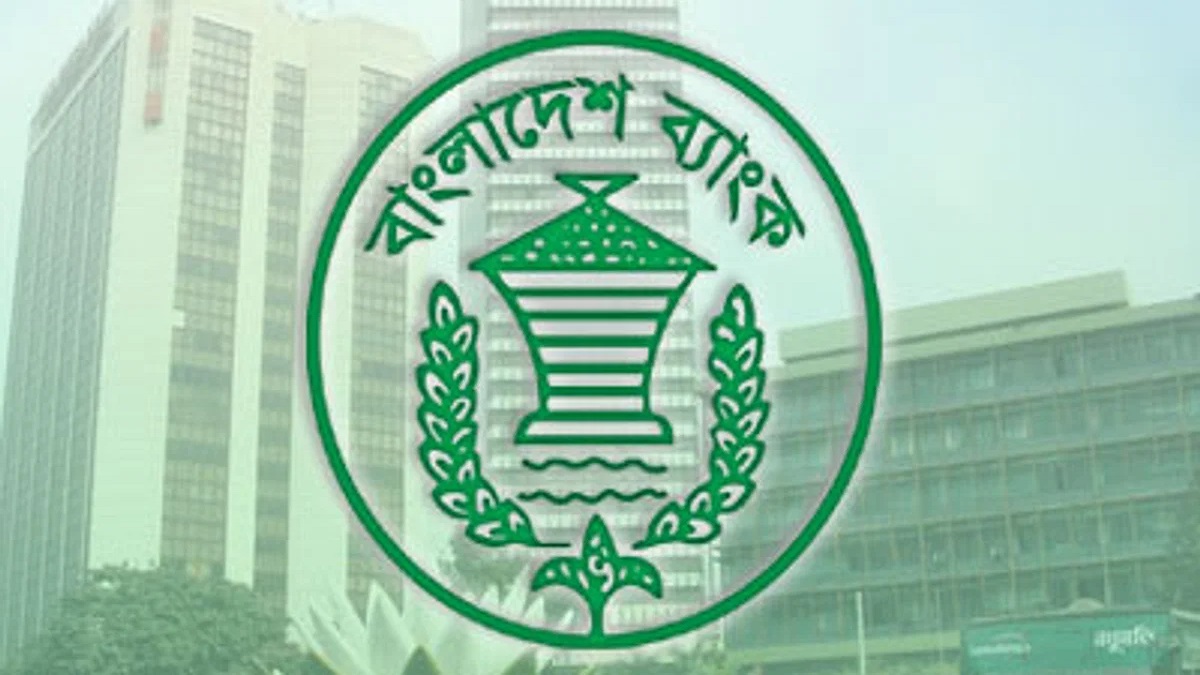BB Bills face lukewarm response
BY Insider Desk
December 21, 2024

A recent regulatory initiative by the Bangladesh Bank (BB) to curb inflation by mopping up excess liquidity in the market through BB Bills has garnered limited success, as commercial banks remain hesitant to participate.
Over the last month, BB reintroduced its BB Bills after a three-year hiatus to manage the liquidity surge caused by recent cash injections to aid struggling banks. In five auctions conducted up to December 18, 2024, the central bank absorbed only Tk 20 billion, a fraction of the Tk 250 billion directly injected into the banking system during the same period.
Economists warn that such a large influx of printed money exacerbates inflationary pressures, pushing up prices and worsening consumer challenges. BB officials acknowledge the limited impact of BB Bills thus far, attributing the slow uptake to structural factors and ongoing liquidity stresses in the banking system.
According to a BB official, two primary factors have deterred banks from participating in the auctions: Tax disparity and liquidity constraints.
Banks face a 20% tax on income from BB Bills, compared to only 5% for government treasury bills. This significant tax differential makes treasury bills a more attractive investment option.
Under BB Bills, banks must lock funds for 90 days, which is challenging in the current liquidity crunch. In contrast, the Standing Deposit Facility (SDF), an overnight instrument, allows banks to manage their liquidity needs more flexibly.
“Banks prefer SDF or treasury bills over BB Bills, as they provide immediate access to funds or lower tax rates,” the BB official explained.
BB’s Executive Director for Monetary Policy, Dr. Md. Ezazul Islam, criticized the current taxation policy, pointing out the inconsistency in taxing BB Bills while exempting REPO facilities from similar levies. He urged the National Board of Revenue (NBR) to reconsider and eliminate the tax on BB Bills to encourage greater participation.
Commercial bankers echoed similar sentiments. Syed Mahbubur Rahman, Managing Director and CEO of Mutual Trust Bank (MTB), described the tax disparity as a key deterrent. He also highlighted banks’ liquidity constraints, noting that locking funds for 90 days is impractical under the current economic conditions.
Dr. Zahid Hussain, former lead economist at the World Bank’s Dhaka office, suggested that raising the cut-off yield on BB Bills could attract greater participation.
“The liquidity shortage in the market, driven by the ongoing economic slowdown, is likely a major factor behind the banks’ reluctance. Expanding the cut-off yield might help mitigate this,” he said.
Tags:
Most Read

Electronic Health Records: Journey towards health 2.0

Making an investment-friendly Bangladesh

Understanding the model for success for economic zones

Bangladesh facing a strategic test

Bangladesh’s case for metallurgical expansion

How a quiet sector moves nations

A raw material heaven missing the export train

Automation can transform Bangladesh’s health sector

A call for a new age of AI and computing
You May Also Like
